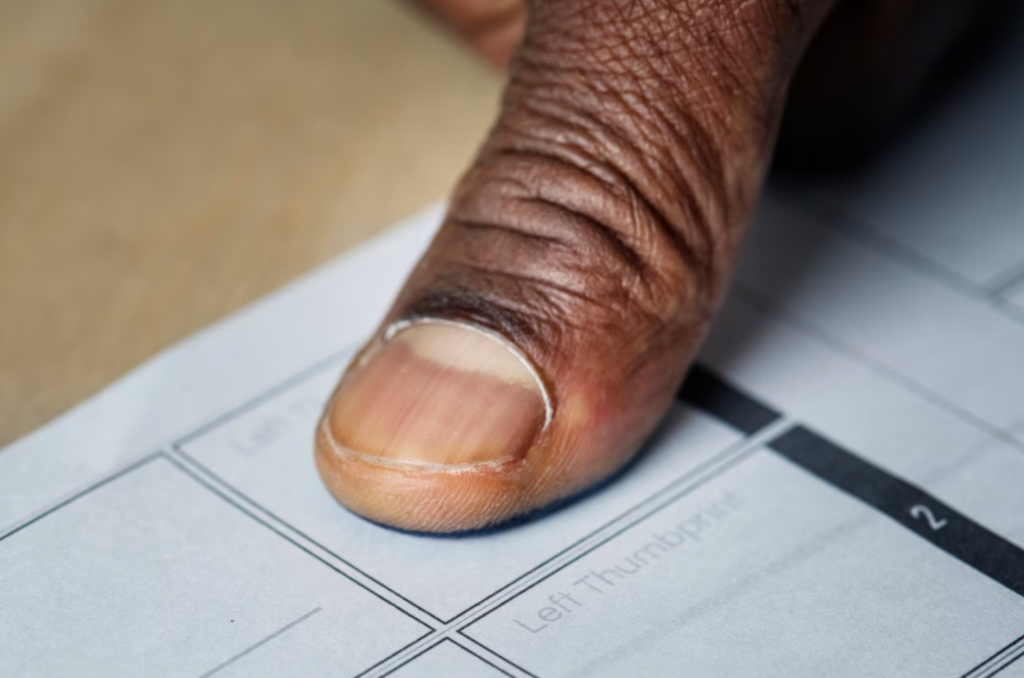
Nigeria has experienced a series of refinements in the identity of its socio-cultural and ethnoreligious structure since the amalgamation of what used to be its Northern and Southern protectorates. As a secular country with a varied population, Nigeria is home to more than 250 ethnic groups and 500 languages. It is the most populous country in Africa and is almost evenly split between two major religions: Christianity and Islam.
Since Nigeria’s return to democracy in 1999, religion and ethnicity have played major roles in its politics, occasionally leading to deeply divided and violently contested political situations. This division is characterized by an exclusive winner-takes-all mentality, which leads to instability and conflict.
Nigeria is regarded as one of Africa’s most politically volatile nations, owing to a complex network of politically sensitive identities and a history of violence. Leadership inadequacies and financial misappropriations inflame the situation, causing poverty and injustice, which in turn weakens any sense of camaraderie amongst citizens; and leads to radicalism, extremism, and other by-products of an unstable state. This situation makes the upcoming 2023 General Elections extremely unpredictable.
Among the popular candidates for the 2023 presidential elections is Atiku Abubakar of the People’s Democratic Party (PDP): a Fulani Muslim from North-East Nigeria. The candidate from the ruling party, the All Progressive Congress (APC), is Bola Ahmed Tinubu, a Yoruba Muslim from South-West Nigeria. Another popular candidate is the flagbearer of the Labour Party (LP), Peter Obi, who is an Igbo Christian from South-East Nigeria. These candidates come from different career paths, schools of thought, geopolitical zones, ethnicities, and religions. To understand this, you need to trace the story back to the pre-amalgamation era.
Nigeria directly before amalgamation, was like a piece of loosely stitched cloth, sewn with different fabrics, with the colonial masters acting as tailors. Each fabric had its distinctive feature and regardless of colour compatibility, a dress was made. In the fabric of the newly created nation came the features of ethnicity and religion; the former was introduced at the point of amalgamation and the latter was initiated at the points of missionary expeditions, holy wars, and colonialism. They have since become a mainstay in the lives of the Nigerian citizenry.
Since Nigeria returned to democracy in 1999, the influence of ethnicity, religion and other sentiments have played a role in determining the outcome of elections in Nigeria. An example can be seen in the 2003 presidential elections when incumbent President Olusegun Obasanjo of the People’s Democratic Party (PDP) sought re-election for a second term against his major opponent, General Muhammadu Buhari. During that election, the incumbent won the majority of the votes from South-West Nigeria, compared to the 1999 election where South-Western states favoured Olu Falae of the Alliance for Democracy (AD) over Obasanjo. However, in 2003, coming up against a candidate from the North-Western geopolitical zone, majority of the South-West (a region predominantly populated by the Yoruba ethnic group and language) voted in favour of President Olusegun Obasanjo who hails from that zone.
Another critical example is the aftermath of the 2011 presidential election which resulted in widespread violence that left over 800 people dead and displaced more than 65,000 people. The violence was triggered by protests from supporters of the opposition candidate, a Muslim from North-West Nigeria, following the re-election of the incumbent, a Christian from the South-South zone. The uprising swiftly devolved into sectarian and ethnic bloodshed, with Muslim rioters targeting and murdering Christians and members of southern Nigerian ethnic groups. In reaction, Christian mobs killed Muslims and burned down their mosques and houses.
As a result of the political landscape of the 2023 General Elections, where several presidential candidates hail from different ethnic and religious backgrounds, there is a dire need to focus on policies and issues of national development, rather than ethnicity and religion. The politicization of religion and ethnicity by political elites and institutions during election campaigns, through the use of slander and divisive techniques, can lead to a collapse of national unity and cohesiveness. The interplay of religion, ethnicity and politics highlights the negative impact these factors have on socio-economic and political progress in Nigeria. Hence, it is crucial for voters to prioritize policies, issues, and the capability of the candidate in determining their vote in the 2023 General Elections.
Religion and ethnicity are two important aspects of a person’s identity, but they should not be the determining factor for a vote in the 2023 General Elections in Nigeria because they can lead to the polarisation of the society and create suspicion and mistrust amongst different ethno-religious enclaves around Nigeria. Using ethnicity or religion as a factor is seldom antithetical to national integration and cohesion because they consequently hamper the development of the country. A better approach would be to focus on the policies and ideas of candidates and their political platforms.
In conclusion, the application of ethnicity and religion in Nigerian politics is a slippery slope on the road to having a just and equitable state. It breeds contempt and apathy in the coexistence of Nigerians. Religion and ethnicity can also have a post-election effect on democracy, as these factors are predecessors to nepotism, which comes with its own negative baggage and chain reaction. In hindsight, combining ethnicity and religion in the electoral process is primitive, unprogressive, and unethical. The upcoming 2023 General Elections present a crucial moment for the people of Nigeria to break this cycle and prioritize policies and issues, as well as candidate intellect, capability, and capacity. As much as ethnicity and religion have advantages, they should not be used as determining factors in elections. By focusing on the policies and ideas of candidates and their political platforms, the people of Nigeria can take a step towards a brighter future for their country. The 2023 General Elections present an opportunity to break from the past and create a more united and prosperous nation.
-Writer: Oche Anejo-





